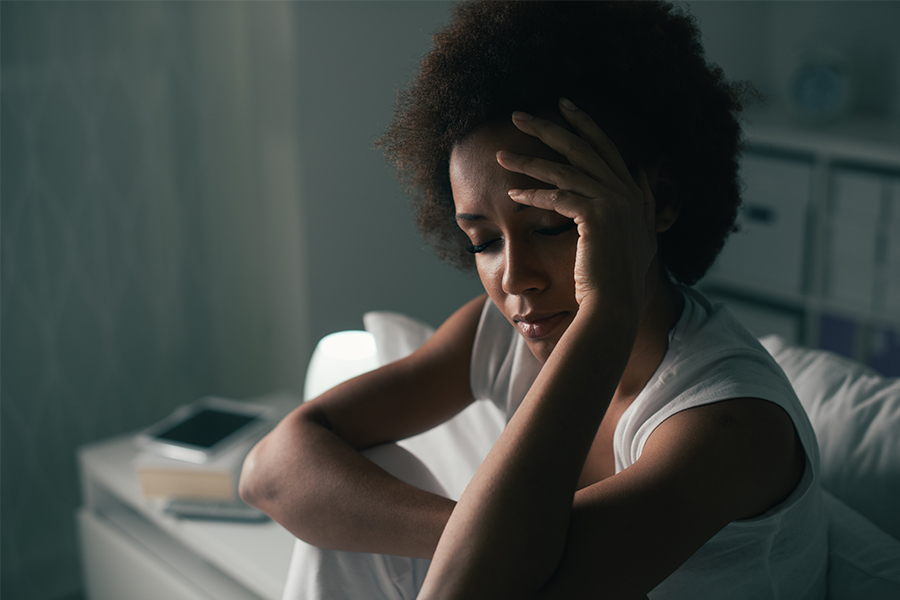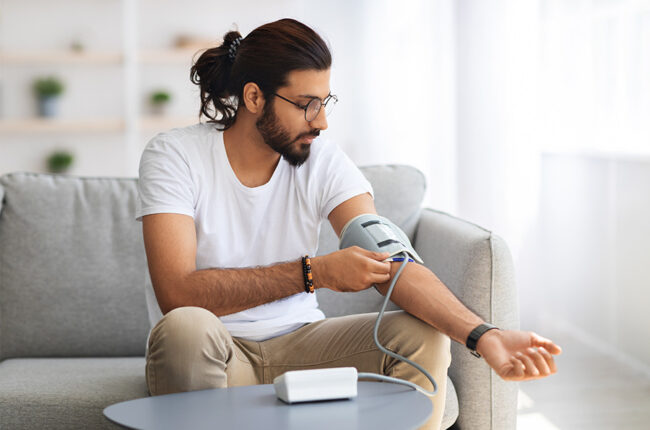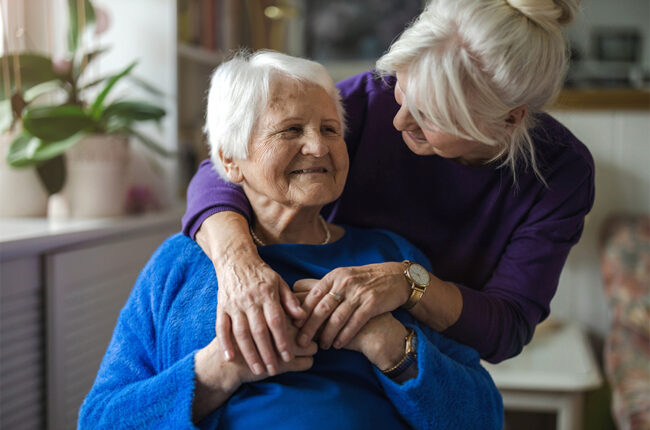From Sharp Health News, a publication of Sharp HealthCare
If COVID-19 is keeping you up at night, you’re not alone. For many, news of the global pandemic is causing a great deal of mental stress, while changes in schedules are disrupting our natural sleep rhythms.
To help you sleep better during this troubling time, try the following six tips:
- Keep a schedule. Set a time to wake up and go to bed and stick with them. To help you stay consistent, set other times throughout the day, such as mealtimes and shower times.
- Avoid doing stressful things close to bedtime. If the news causes you stress, switch off the TV before bedtime. Do the tough things early in the day, such as planning your grocery buying or teaching your child geometry.
- Engage in relaxing activities close to bedtime. Turning your worries “off” before bed prepares your mind for a good night’s sleep. Read a book, write a letter, do yoga or find other ways to wind down.
- Designate a time for worry. Pick a time each day (not near bedtime) to make a to-do list and write down your current worries along with a next step or solution for each. Let yourself worry temporarily, and then put your list away.
- Exercise. Exercise can reduce stress and anxiety, improving both quality and quantity of sleep. Even if the pandemic keeps you from your gym, there are many ways to stay physically active while at home.
- Avoid caffeine and alcohol close to bedtime. Your morning coffee can help as a pick-me-up, but caffeine at night can keep you up. And while alcohol may make you sleepy initially, it can dramatically reduce the quality of your sleep.
The VEBA Resource Center offers Yoga Nidra (Yoga for Sleep) Classes. Enjoy a session of guided meditation and mind-body therapy done in a comfortable lying down position to systemically reduce stress, increase circulation and promote better sleep. Check out our calendar to sign up for an upcoming class.









